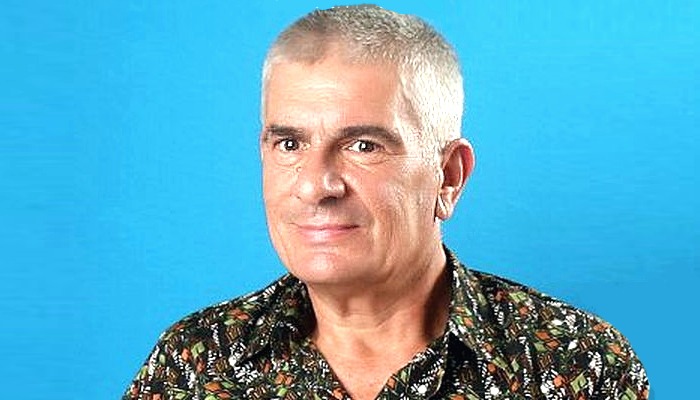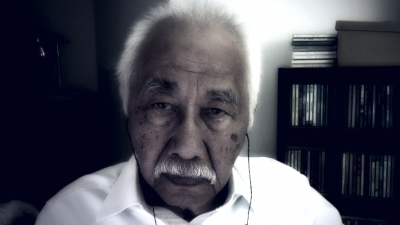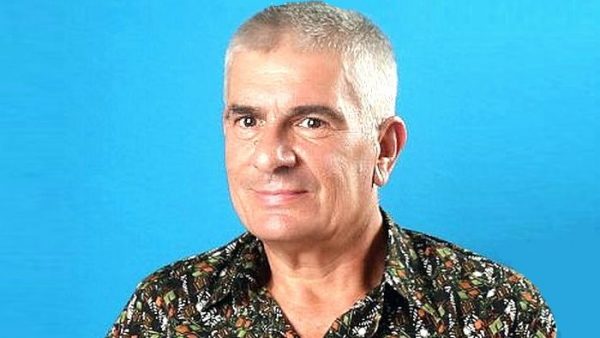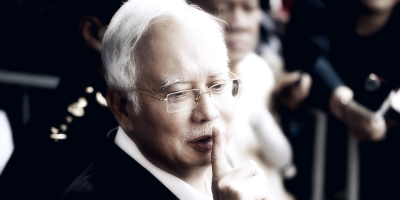
Over the last couple of weeks, we have seen political wrangling and hustling for seat endorsements for the coming general election on November 19.
All major political parties displayed their own internal dramas, which continued up to nomination day.
Pundits and party insiders alleged that the primary criteria for Umno endorsement was loyalty to party president Ahmad Zahid Hamidi.
Those loyal to caretaker prime minister Ismail Sabri Yaakob have in many cases been sent to wilderness seats, or dropped all together.
In Bersatu, it’s been a mad scramble to win favor from party president Muhyiddin Yassin.
Across within the opposition parties, it’s just the same thing. Some evergreen DAP MPs have been dropped for what “insiders” call “yes men and women.”
The dropping of Charles Santiago from Klang on the pretext he has already served three terms by DAP leaders who have served 4, 5, or 6 terms recks of double standards.
PKR has appeared to have given golden parachutes into seats by the central leadership over those who were locally popular.
One thing all Malaysian political parties have in common is that they are all run by elites who exercise power over their respective parties.
These elites have the power over candidate selection without question. Transparency, accountability and rational explanations are totally missing.
Moreover, if these party leadership groups get it wrong, they are usually too “thick skinned” to resign and give someone else a chance.
Just look at the age and long periods these leaderships have served in Dewan Rakyat.
Malaysian political parties over the last two weeks have showed a complete lack of transparency in candidate selection. Some have shown total hypocrisy, with senior leaders who have served many terms in parliament, limited others to three.
There are rules for the leaders, and there are different rules for others.
This is elitism at its worst.
If these ethics are displayed in government, we have nepotism and corruption.
If high standards cant be practiced at party level, how can we expect high standards in government?
If there is going to be true democracy in Malaysia, reform must start within the political parties themselves.
Public disputes about who the real president of the party is, candidates shutting down party campaign centers because they don’t get endorsed, while good MPs are given the chop because they aren’t yes men and women to party executives is just not good enough.
If the culture of feudalism is to be eliminated from the Malaysian society, then the culture of feudalism must be eliminated from political parties first.
One thing all Malaysian parties have in common is that they are all run by elites who exercise power over their parties’ candidate selection. Transparency, accountability and rationality are absent.
Central party committees selecting electoral candidates without the participation of local grassroots party members must be stopped.
This is not democracy. This is feudalistic elitism wrapped up with a sense of entitlement.
Malaysia should not have leaders like this!
Political parties in Malaysia are patriarchal, from where potential electoral candidates must win favor in order to be endorsed.
They form alliances with party warlords, and pick factions within their respective parties that may gain them selection as political candidates.
This is the politics of entitlement. This is not meritocracy. This is nepotism. Local party members are treated with contempt. One has to just look at the quality of candidates and MPs today.
Good governance must start at party level.
What has to be done?
Malaysian political parties must be transformed towards true participatory democracy.
Party elections should never be delayed. They must be held on the same week annually or biannually for fixed terms.
All party members should be able to nominate for party positions, particularly at local levels.
Public office candidate selection must urgently be taken away from central party committees and handed back to electoral division branch organizations.
This redistributes power away from central decision-makers to local party membership. This is democratic at the local level where it should be. After all, the local candidate, should he or she be elected, is responsible for representing the local area.
The public office selection process should be open for all local members to vote. They should have the opportunity to see and hear potential candidates debate against each other before they are selected.
Central party committees should have some minority representation at these stages.
This will provide for better and more open government where local MPs must return to the public office selection process before each election.
This is a powerful check and balance against errant MPs, and forces a sense of humility on the part of candidates.
This will also give local members some sense of pride in their local members.
However, it’s difficult to see many political parties supporting such a reform. Respective party leaderships know this is a direct affront to their major source of power within the party.
The new government, if it is brave enough, could legislate the Registrar of Societies (ROS) to stipulate that all political parties must incorporate “bottom-up” public office selection processes within party constitutions.
If this was achieved, there would be better governance and much more attention of MPs to their local constituencies.
The local selection of electoral candidates by political party grassroots should be a pillar of democracy.
All major Malaysian political parties are overly centralized, and this needs to change with much more decentralized decision-making.
Political party leadership should represent their membership, not dictate to them. Otherwise, every election will see the repetition of what we have just witnessed.
(Murray Hunter has been involved in Asia-Pacific business for the last 40 years as an entrepreneur, consultant, academic and researcher. He was an associate professor at Universiti Malaysia Perlis.)
ADVERTISEMENT
ADVERTISEMENT








































